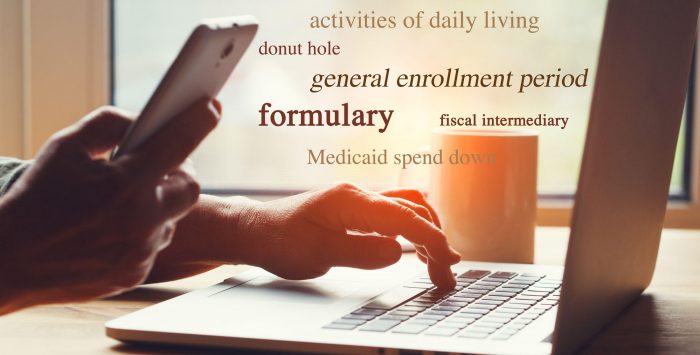What is a benefit period?
Your benefit period begins the very day you enter a hospital for care or a skilled nursing facility. The benefit period ends when 60 days have passed since you last received either hospital care or care from a skilled nursing facility.
The concept of a benefit period is important because the Medicare Part A deductible is based on the benefit period, rather than a calendar year.
With most other types of health insurance (ie, non-Medicare), the deductible is based on the calendar year. Once you meet it, your plan will pay all or part of your costs for the remainder of the year, but then your deductible resets on January 1. So if you happen to be hospitalized from December 30 to January 2, you’d have to pay two deductibles with most non-Medicare plans.
But with Original Medicare, that sort of scenario would be part of a single benefit period, regardless of the fact that it happens to span two calendar years, and you’d pay your Medicare Part A deductible just once.
However, you could also end up in a situation where you have two benefit periods — and have to pay your deductible twice — in the same calendar year. For example, if you’re hospitalized for a week in March, that would be the start of a benefit period. If you’re discharged and go 60 days without hospital or skilled nursing care, your benefit period would end. But then if you’re hospitalized again in October, you’d start another benefit period, and have to pay another deductible.



